Question And Answer
Publications
Articles, publications, books, tools and multimedia features from the U.S. Institute of Peace provide the latest news, analysis, research findings, practitioner guides and reports, all related to the conflict zones and issues that are at the center of the Institute’s work to prevent and reduce violent conflict.
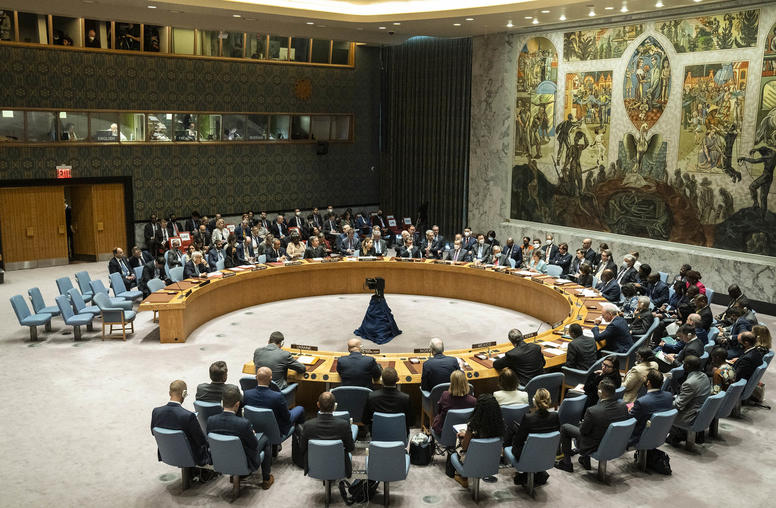
Will the U.S.-Africa Summit Address U.N. Security Council Reform?
U.N. Security Council (UNSC) reform has been a long-standing demand from many in the international community, but calls for an overhaul of the institution have grown louder amid renewed interest in democratizing the international system and addressing historical exclusion and injustices in its core institutions. And in a major development this past September, President Biden told the U.N. General Assembly the United States would support reforming the Security Council — specifically mentioning the addition of permanent members from Africa.
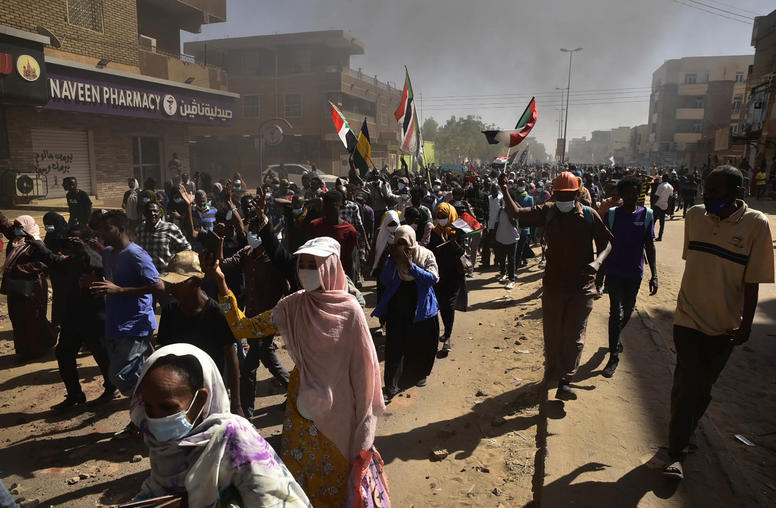
U.S. and African Leaders Need to Focus on Democratization
The U.S. government is gathering this month’s second U.S.-Africa Leaders Summit not least because the swiftly rising challenges of the 21st century are pushing Africa squarely to the center of global and U.S. interests. Managing increased violent conflict, climate degradation and human displacement all depend on a better U.S.-African partnership, one that shares an interest in strengthening the democratic rule of law within and among nations. Democracy has eroded, globally and in Africa, since the first U.S.-Africa summit eight years ago — but this month’s conference can reverse that pattern, say two USIP experts, both former ambassadors in Africa.
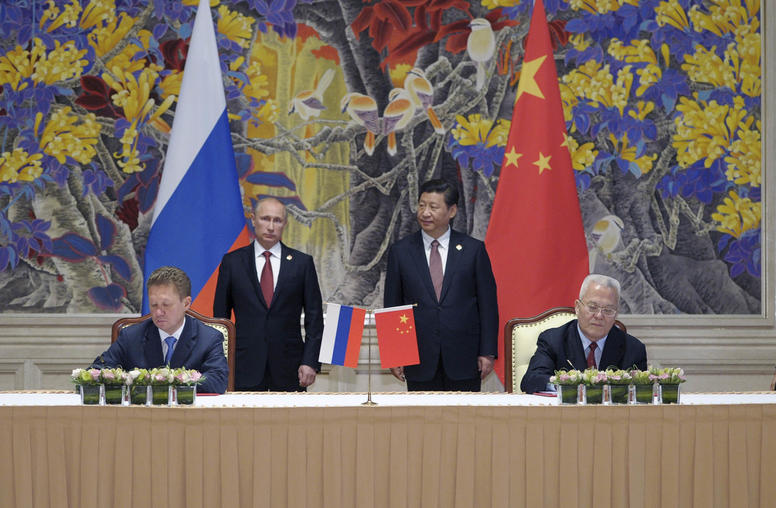
The China-Russia ‘Alliance’: Double the Danger or Limited Partnership?
According to the recently released 2022 U.S. National Security Strategy, China and Russia “are increasingly aligned with each other but the challenges they pose are, in important ways, distinct.” These challenges are felt all around the world, not least in Europe and the United States. All too rarely explored, however, is when and how Beijing and Moscow coordinate or cooperate and what this means for the United States and its allies and partners.
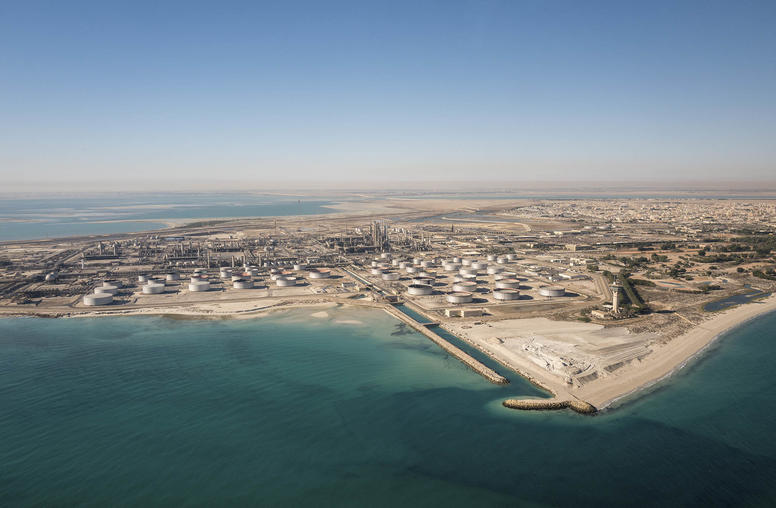
After Xi’s Visit, Are the Saudis Moving on from the United States?
Chinese leader Xi Jinping made a long-rumored trip to Saudi Arabia last week, enhancing ties between his country, the world’s top oil importer, and the leading oil exporting country. Xi and Saudi Crown Prince and Prime Minister Mohammed Bin Salman (MBS) inked a number of deals on oil, technology, infrastructure and security, and also made an agreement to avoid interference in each other’s domestic affairs. Xi also met with leaders from the Gulf Cooperation Council (GCC) and a broader group of Arab leaders. The China-Saudi summit comes amid frosty U.S.-Saudi ties and a perception among Arab leaders that Washington is pulling back from its traditional role in the Middle East, leading to some speculation of a larger geopolitical shift in the region amid the intensifying U.S-China rivalry.

China’s Overreliance on Gulf Oil Is a Vulnerability for Everyone
Gulf states have proven to be a dependable port in a storm for China’s oil producers and traders. For the past two decades, the region has consistently supplied China — the world’s largest single crude oil importer — with roughly half of its crude oil imports from overseas. By contrast, it seems China’s oil interests in every other region of the world have been battered by gale force winds.
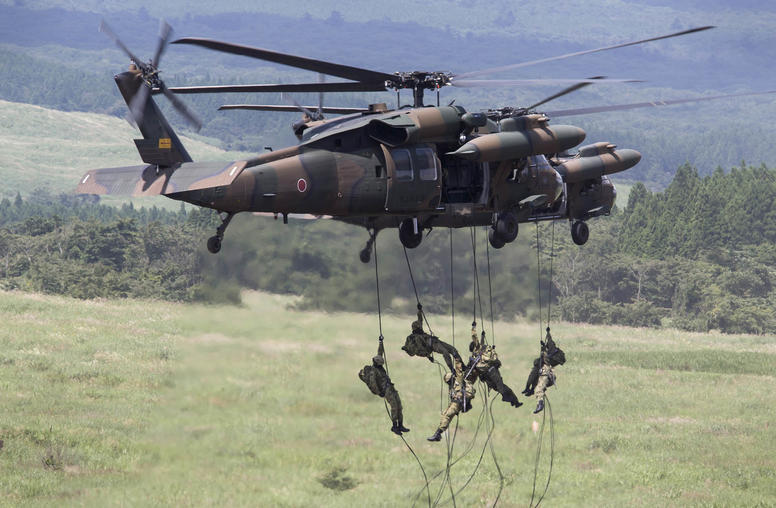
What You Need to Know About Japan’s New National Security Strategy
Japan released on Friday a new, robust national security strategy and complementary defense planning documents. The strategy is Japan’s first in nearly 10 years and only its second ever. The strategy navigates the country’s response to significant changes in the regional and global security environment, including Russia’s invasion of Ukraine, and reflect Japan’s growing sense of vulnerability vis-à-vis its immediate neighbors. USIP’s Mirna Galic looks at the new strategy and what it means for the region.
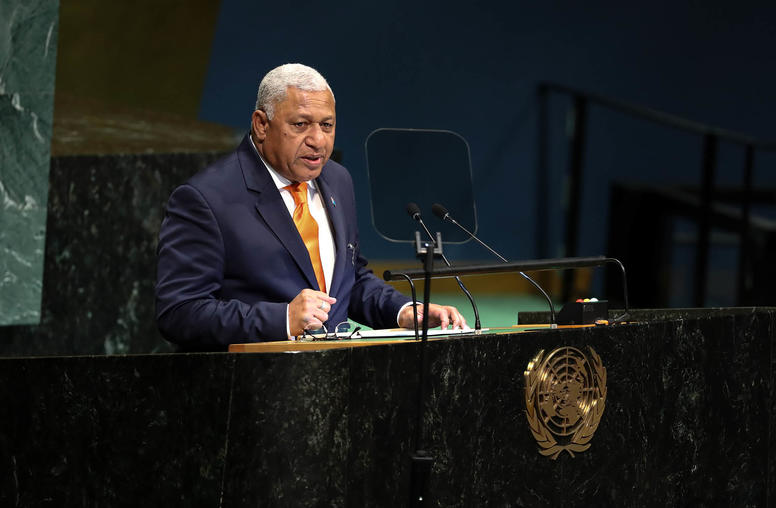
Fiji’s Election Marks a Crucial Moment for its Fragile Democracy
Fiji has become an integral part of the United States’ reengagement in the Pacific in recent years, including a visit to Suva from U.S. Secretary of State Antony Blinken in February. Although Fiji is a small country by global standards, it is a regional leader in the Pacific due to its central location, relative size and international role on issues ranging from peacekeeping to climate change action. Fiji also houses one of only six U.S. Embassies in the Pacific Islands, making it a hub for regional diplomacy.
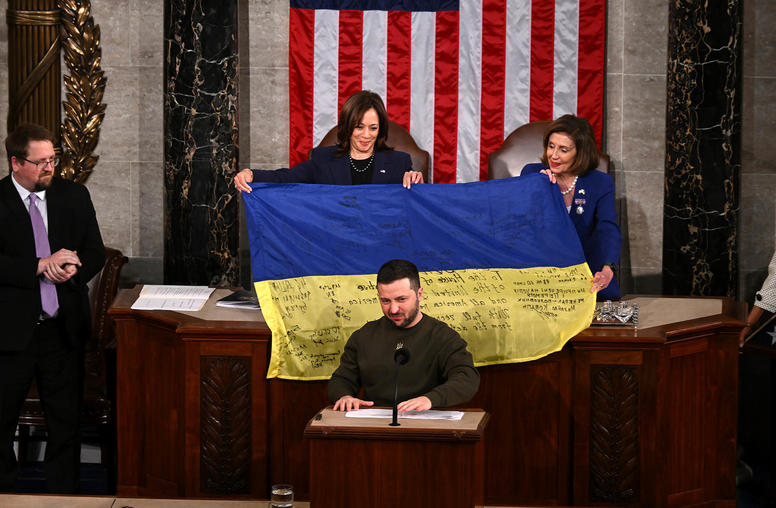
Ukraine’s Zelenskyy Asks: Can We Shorten This War?
President Volodymyr Zelenskyy seized Americans’ attention yesterday, rushing from a smoking Ukrainian battlefield to ask Congress directly for the help that can let Ukrainians turn back Europe’s most brutal war since Adolf Hitler. Flying home last night, the question Zelenskyy left behind is this: Will the United States trickle out its assistance slowly, perhaps to avoid a Ukrainian collapse but leaving this war to grind for years? Or might Zelenskyy’s impassioned appeal persuade Americans to invest in his ambition to shorten the bloodshed, reversing Vladimir Putin’s invasion in coming months to force him to accept a negotiated off-ramp from the war?
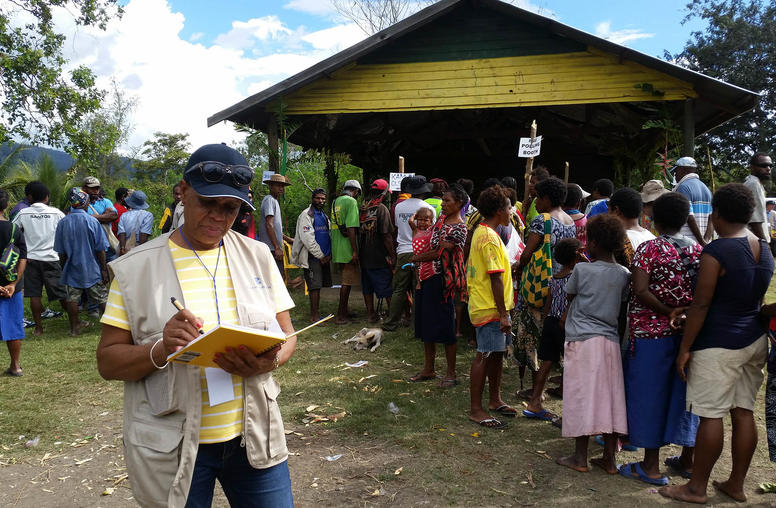
Why Are Papua New Guinea’s Elections Plagued with Problems?
Papua New Guinea’s 2022 elections suffered from a host of problems, following a pattern plaguing the country’s polls for years. At least 50 people died in election-related violence. Post-election fighting in the country’s Highlands region contributed to a rapid rise in internally displaced people. Election observers estimated that in some places as many as half of all voters could not vote owing to problems with the roll. Voting was disrupted and ballot boxes hijacked in places, and violence prevented vote counting from being completed in at least two national electorates. There is now an urgent need for the international community to intensify their work with the government of Papua New Guinea to ensure that future elections improve and that the country’s democracy is preserved.

Ukraine: Can We Shorten a Path to Peace in 2023?
How will Ukraine’s war evolve in 2023, and can it yield a path to peace? Analysts’ scenarios for the war are full of unknowns. Yet one certainty is that Ukrainian soldiers and civilians will continue to fight Russia’s assault with every weapon at hand — or with none. Building a sustainable, rather than illusory, path to peace must take account of the Ukrainians’ determination. And laying such a path will benefit from noting that the immediate option for peace rests in the hands of Vladimir Putin, who on any given day could end this war by withdrawing his forces.